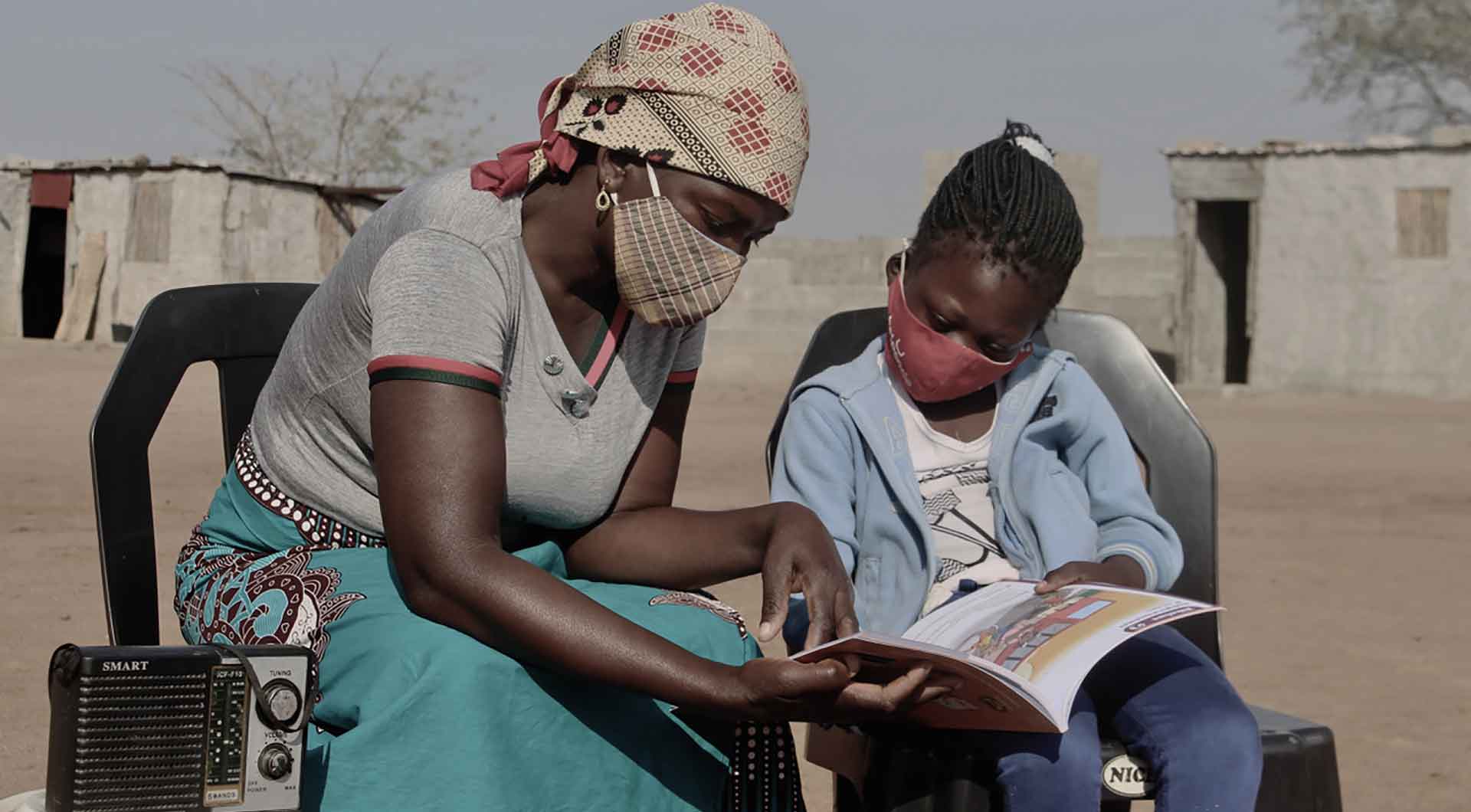

Education is a basic human right, a public good and a prerequisite critical in building responsible citizens. Our organization, Humana People to People for close to 30 years has been and still is training teachers, primarily for public primary schools where they are most needed.
On the occasion of marking the International Education Day 2021, on 24 January, under the theme 'Recover and Revitalize Education for the COVID-19 Generation,' we reiterate our commitment to stand alongside national governments in delivering education to all. We have taken note of the drastic COVID-19 impact has had in disrupting the lives of many people - with education heavily affected.
The impact of the virus and resulting lockdown measures have not been felt equally, however, with children experiencing perhaps the largest disruptions to their day-to-day lives. According to UNESCO 2020, by April of last year, 91% of students, approximately 1.6 billion were out of school, compounding what was already a dire situation. The learning losses that come with children not being in school have the potential to last a lifetime - extending well beyond this lost year.
“To face the challenges of tomorrow, not only do we need massive investment, but an overhaul of educational systems is necessary,” said the UNESCO Director-General Audrey Azoulay.
We have been training primary school teachers who are committed to practice their profession in rural and peri-urban communities in Africa and India since 1993.
Our students at Humana People to People Teacher Training Colleges are training to become responsible for the complex and demanding task of teaching. They are trained to manage and convey the curriculum, know each and every student, engage with parents and colleagues, and adapt teaching to suit students’ needs, school conditions and the community environment.
Our 49 Humana People to People Teacher Training Colleges are training 12 500 primary school teachers each year. More than 5 000 primary school teachers graduate every year in Mozambique, Angola, Malawi, India, Guinea Bissau, Democratic Republic of the Congo and Zambia. Our combined efforts, since 1993 have trained more than 49 000 teachers impacting almost 2 000 000 children with access to education.
The COVID-19 pandemic has been a wake-up call to make education systems more resilient to crisis, and more inclusive, flexible and sustainable. It has shown the capacity of systems to innovate, expanding the frontiers of learning possibilities; the enterprise of teachers to ensure learning continuity; and highlighted the immense value education holds for learners, families and communities.
Our teacher training institutions adapted their training approaches in line with the COVID-19 pandemic emergency. We opted for decongestion of classrooms, migrated to virtual learning as a measure to promote physical distancing, wearing of face masks and hand-sanitising in moments of relaxed lockdown measures by local governments. In Mozambique for example, ADPP Mozambique opted to use radio and television broadcasting in delivering bi-lingual education reaching thousands of early grade primary school children in Maputo and other provinces.
Humana People to People India, one of our members, is collaborating with Rajiv Gandhi Shiksha Mission in Chhattisgarh State in bringing education to students in a safe environment at home and in the village. Through building synergies and decentralising access to education, Humana People to People India use their extensive experience when building capacity of local teachers and volunteers to reach many children disconnected with access to education.
Despite the many micro-level initiatives being pursued in remote communities, there is need to bolster partnerships and actions to carry the shared responsibility in safeguarding education in the wake of COVID-19 attack and other future incidences. We appreciate the noble first steps of the Save Our Future campaign, which has culminated in the UNESCO Global Coalition on Education that has rallied 160 partners since its launch in March 2020. It has brought organisations together to advocate and galvanize support to education. We find it critical for the multi-lateral organisations and the international development partners to support education in the developing countries in:
We call upon the international community and the national governments to ensure that learning systems and structures are built back better to reflect the lived experiences of children around the world, particularly in already-struggling fragile and disadvantaged community settings.